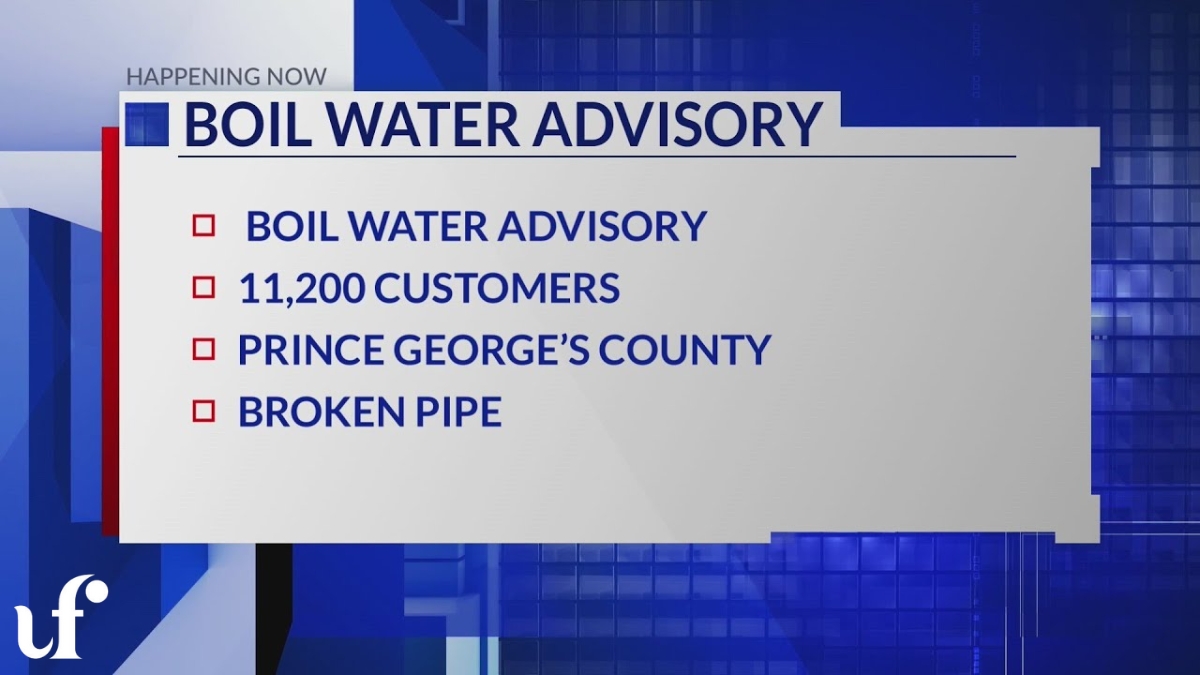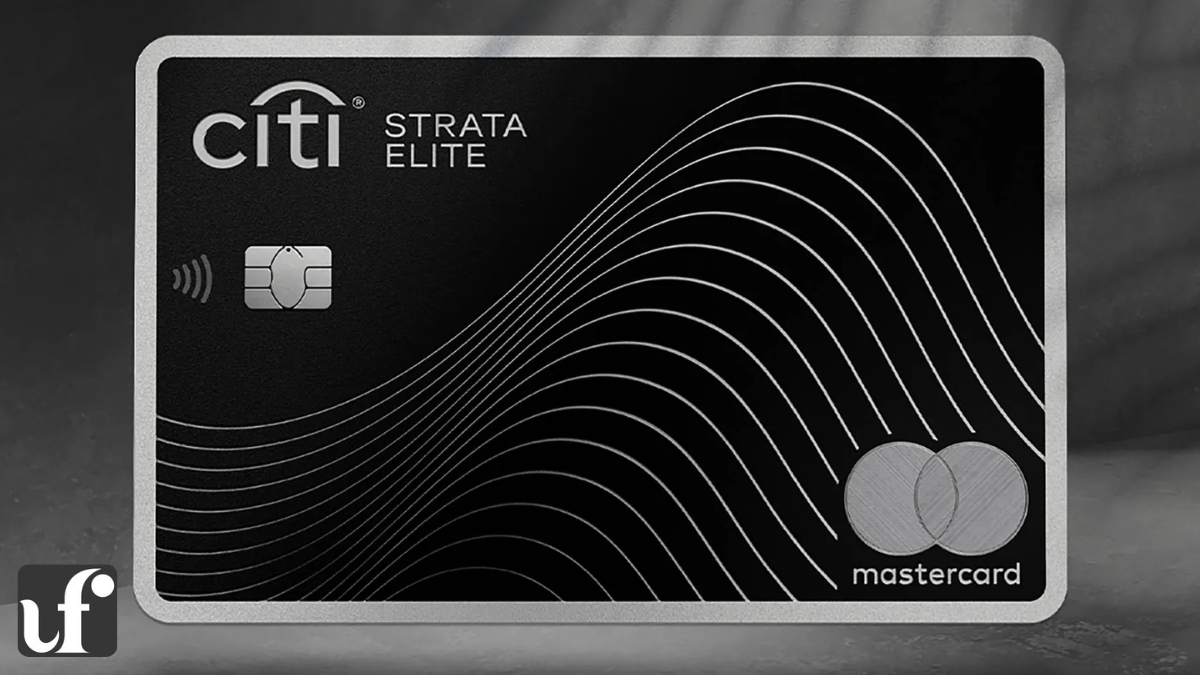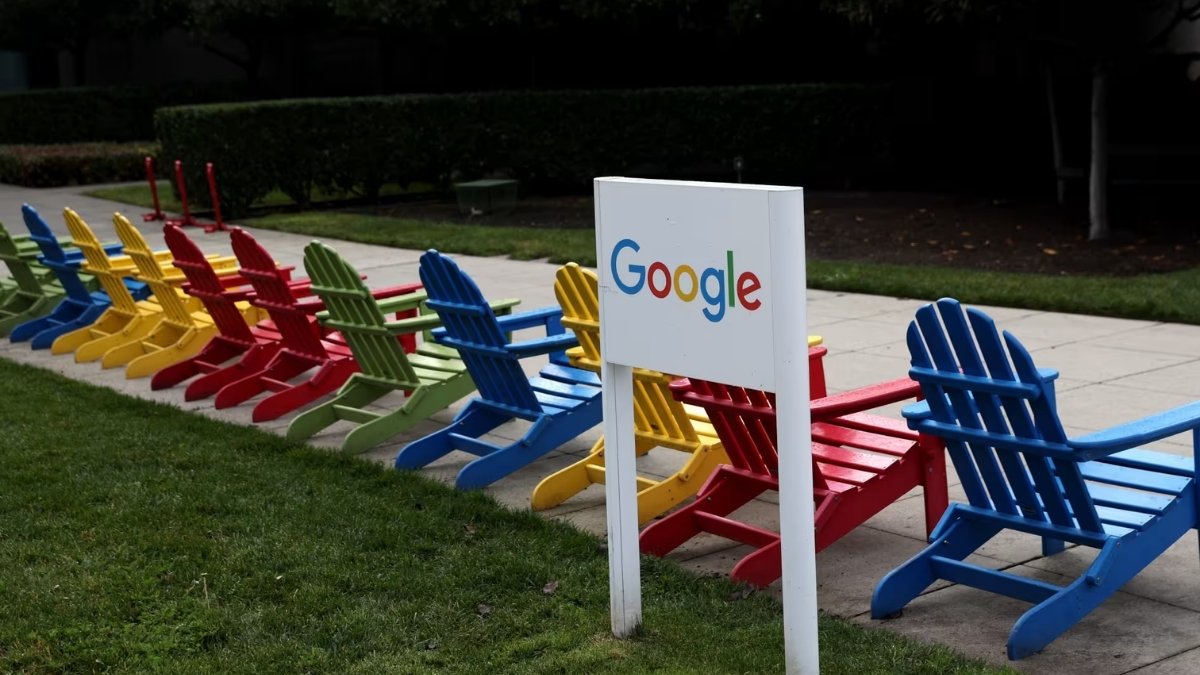If you’re a resident of Prince George’s County, Maryland, you may be concerned about the recent boil water advisory issued on July 19, 2025. This advisory, announced by WSSC Water, affects over 11,000 customers in areas such as Hyattsville, Cheverly, Seat Pleasant, Capitol Heights, and nearby communities due to a water main break near the Cheverly Metro station. This article provides a detailed guide to help you understand the advisory, take necessary precautions, and stay informed. We’ll cover what a boil water advisory means, why it was issued, what actions you should take, and how to prepare for similar situations in the future. With clear instructions and practical tips, this guide aims to keep you safe and informed during this public health event.
Table of Contents
What Is a Boil Water Advisory?
A boil water advisory is a public health notice issued by water utilities or health authorities when there’s a risk that the drinking water supply may be contaminated with harmful pathogens, such as bacteria, viruses, or parasites. The advisory instructs residents to boil tap water before using it for consumption to prevent waterborne illnesses.
Why Are Boil Water Advisories Issued?
Advisories are typically triggered by events that compromise water safety, including:
- Water main breaks, which can introduce contaminants due to pressure loss.
- Loss of water pressure in the distribution system, increasing the risk of contamination.
- Natural disasters, such as flooding, that may affect water treatment processes.
- Detection of contaminants in water samples during routine testing.
- Operational issues at water treatment facilities.
Boiling water for one minute kills most pathogens, making it safe for drinking, cooking, and other uses. However, boiling does not remove chemical contaminants, and specific instructions would be provided if chemicals are a concern.
Visual Aid Suggestion
Consider including an infographic showing the steps to boil water safely or a map of the affected areas in Prince George’s County, available on the WSSC Water website.
Recent Boil Water Advisory in Prince George’s County
On July 19, 2025, WSSC Water issued a boil water advisory for parts of Prince George’s County following a 16-inch water main break near the Cheverly Metro station at 5540 Columbia Park in Hyattsville. The break caused a loss of water pressure, which can allow contaminants to enter the water supply, prompting the advisory as a precautionary measure.
Affected Areas and Impact
The advisory impacts over 11,000 customers in the following areas:
- Hyattsville
- Cheverly
- Seat Pleasant
- Capitol Heights
- Other nearby communities
An interactive map of the affected areas is available on the WSSC Water website. Residents can check if their address is within the impacted zone by visiting the site.
Water Distribution Support
To assist residents, WSSC Water has established a water distribution point at the Judith P. Hoyer Early Childhood Center (2300 Belleview Ave., Cheverly) from 9 a.m. to 5 p.m. on Saturday, July 19, 2025. Bottled water is available for those unable to boil water or needing immediate access to safe drinking water.
| Detail | Information |
|---|---|
| Advisory Issuer | WSSC Water |
| Affected Areas | Hyattsville, Cheverly, Seat Pleasant, Capitol Heights, and nearby communities |
| Cause | 16-inch water main break near Cheverly Metro Station, 5540 Columbia Park |
| Number of Affected Customers | Over 11,000 |
| Water Distribution Location | Judith P. Hoyer Early Childhood Center, 2300 Belleview Ave., 9 a.m.–5 p.m. |
| Contact for More Information | WSSC Water Emergency Call Center: 301-206-4002; WSSC Water Website |
What to Do During a Boil Water Advisory
To ensure your safety during the boil water advisory in PG County, follow these guidelines:
Boiling Instructions
- Boil tap water for at least one minute at a rolling boil.
- Let the water cool before using it for consumption.
- Store boiled water in clean, covered containers to prevent recontamination.
Uses Requiring Boiled Water
Use boiled or bottled water for:
- Drinking
- Cooking and preparing food
- Brushing teeth
- Washing fruits and vegetables
- Preparing baby formula or food
- Making ice
- Giving to pets
Uses Not Requiring Boiled Water
Tap water is safe for:
- Bathing and showering: Avoid swallowing water, especially for young children.
- Laundry: Washing clothes is generally safe.
- Cleaning: Use tap water for cleaning surfaces, but use boiled water for food-contact surfaces.
Additional Precautions
- Discard unsafe items: Throw away ice, drinks, or food made with tap water during the advisory period.
- Dishwashing: Use disposable plates and utensils if possible. If washing dishes by hand, use boiled or disinfected water. Dishwashers with a sanitizing cycle (at least 150°F) are safe.
- Water filters: Most household filters do not remove pathogens. Only use filters certified to remove bacteria and viruses, such as those with a 1-micron absolute pore size.
Example Scenario
Imagine you’re preparing dinner in Hyattsville during the advisory. Instead of using tap water to cook pasta, boil water first or use bottled water. For washing dishes, run the dishwasher on a sanitizing cycle or use boiled water for hand-washing to ensure safety.
Updates and Expected Duration
As of the latest update at 12:30 a.m. on July 19, 2025, the boil water advisory remains in effect. WSSC Water crews are repairing the water main, and the advisory will continue until water quality tests confirm the water is safe. The duration depends on repair progress and test results, which typically take 24–48 hours after repairs are completed.
Staying Informed
- Visit the WSSC Water website for real-time updates.
- Call the WSSC Water Emergency Call Center at 301-206-4002.
- Follow local news outlets like WTOP and WUSA9.
- Check WSSC Water’s social media for announcements.
Historical Context: Previous Advisories in Prince George’s County
Boil water advisories are not uncommon in areas with aging water infrastructure. In Prince George’s County, recent advisories include:
- February 2025: An advisory was issued for southern Prince George’s County and lifted on February 11, 2025, after water tests confirmed safety .
- January 2025: Another advisory was lifted on January 27, 2025, following successful water testing (Joint Base Andrews).
These incidents highlight the challenges of maintaining aging water systems. WSSC Water continues to invest in infrastructure upgrades to reduce the frequency of such events, but residents should be prepared for occasional advisories.
Tips for Staying Safe
To navigate the boil water advisory in PG County effectively, consider these practical tips:
- Stock up on bottled water: Aim for one gallon per person per day for drinking and cooking.
- Use alternative sources: If you have access to well water, ensure it’s tested for safety.
- Prepare meals strategically: Opt for foods that require minimal water, like pre-cooked meals.
- Educate your household: Ensure everyone knows not to drink tap water without boiling.
- Protect pets: Use boiled or bottled water for pet drinking and food preparation.
- Check appliances: Use boiled water in coffee makers or ice machines.
- Maintain hygiene: Use boiled water for brushing teeth or washing hands if needed.
Case Study
During a previous advisory in February 2025, a Cheverly family successfully managed by purchasing bottled water in bulk and using disposable plates to reduce dishwashing needs. They also set up a boiling station with a dedicated pot to streamline the process, demonstrating how preparation can ease the inconvenience.
Resources and More Information
For the latest information on the boil water advisory in PG County, consult these trusted sources:
- WSSC Water Website: https://www.wsscwater.com/
- WSSC Water Emergency Call Center: 301-206-4002
- Local News:
Frequently Asked Questions
1. How Long Do I Need to Boil the Water?
During the boil water advisory in PG County, bring tap water to a rolling boil for at least one minute to kill harmful pathogens like bacteria, viruses, and parasites. A rolling boil is when large bubbles continuously rise to the surface. After boiling, let the water cool naturally in a clean, covered container to prevent recontamination. Boiling for longer than one minute is unnecessary and may reduce water volume due to evaporation. If you’re unable to boil water, use bottled water or visit the water distribution point at the Judith P. Hoyer Early Childhood Center (2300 Belleview Ave.) from 9 a.m. to 5 p.m. on Saturday. For high-altitude areas (though not applicable in Prince George’s County), boiling times may increase slightly due to lower boiling points. Always follow WSSC Water’s guidelines, and check their website for updates.
2. Can I Use Tap Water for Showering During the Advisory?
Yes, tap water is generally safe for showering and bathing during a boil water advisory, as the risk of illness from skin contact is low. However, avoid swallowing water, especially for young children or individuals with compromised immune systems. Consider using a washcloth for face washing or giving children sponge baths to minimize accidental ingestion. If you have open wounds or skin infections, consult a healthcare provider before bathing with tap water. For handwashing, use soap and tap water, but use boiled or bottled water for brushing teeth or rinsing food-contact surfaces. WSSC Water confirms that bathing is safe, but staying cautious ensures maximum safety during the advisory.
3. What Should I Do with Ice Made During the Advisory?
Discard any ice made with tap water during the boil water advisory in PG County, as it may contain contaminants present in the water before freezing. This includes ice from automatic ice makers, ice trays, or stored drinks made with tap water. To make new ice, use boiled water (cooled after boiling for one minute) or bottled water. If you’re unsure when the ice was made, err on the side of caution and replace it. Restaurants and businesses in the affected areas should also discard ice and use safe water sources for new ice. Check with local establishments to ensure compliance with the advisory. For convenience, consider purchasing bagged ice from stores outside the affected areas.
4. How Will I Know When the Advisory Is Lifted?
WSSC Water will notify residents when the boil water advisory is lifted through multiple channels, including their website (https://www.wsscwater.com/), social media (Twitter, Facebook), local news outlets like WTOP and WUSA9, and possibly direct notifications via phone or text if you’re subscribed to their alerts. The advisory will be lifted only after water samples are tested and confirmed safe, typically 24–48 hours after repairs are completed. Until you receive official confirmation, continue boiling water for consumption. Sign up for WSSC Water’s alert system or check their Emergency Call Center (301-206-4002) for the latest updates to stay informed.
5. Are There Any Health Risks If I Accidentally Drink Unboiled Water?
Accidentally drinking unboiled tap water during the advisory may pose a risk of exposure to pathogens like E. coli, Giardia, or other bacteria and viruses. The likelihood of illness depends on the contaminant type and concentration, which is why the advisory is a precaution. Symptoms of waterborne illness include diarrhea, nausea, vomiting, or fever. If you experience these after consuming unboiled water, contact a healthcare provider. Those with weakened immune systems, infants, or the elderly are at higher risk. To minimize risk, always boil water as advised or use bottled water until the advisory is lifted. If you’re concerned, call the WSSC Water Emergency Call Center for guidance.
6. Can I Use Water Filters Instead of Boiling?
Most household water filters, such as pitcher or faucet filters, are not designed to remove pathogens like bacteria and viruses, so they should not be relied upon during a boil water advisory. Only filters certified to remove microorganisms, such as those with an absolute pore size of 1 micron or smaller (e.g., NSF/ANSI Standard 53 or 58 certified filters), may be effective. Even then, boiling is the most reliable method to ensure water safety. Check your filter’s specifications, and if unsure, use boiled or bottled water instead. During the advisory, avoid using unfiltered tap water for drinking, cooking, or brushing teeth to protect your health.
Conclusion
The boil water advisory in PG County is a critical public health measure to protect residents following a water main break near the Cheverly Metro station. By boiling tap water for one minute before consumption, discarding unsafe ice or drinks, and staying informed through official channels, you can ensure your safety. WSSC Water is working diligently to resolve the issue, and updates will be provided as repairs progress. In the meantime, stock up on bottled water, follow the guidelines, and check trusted sources like the WSSC Water website for the latest information.










